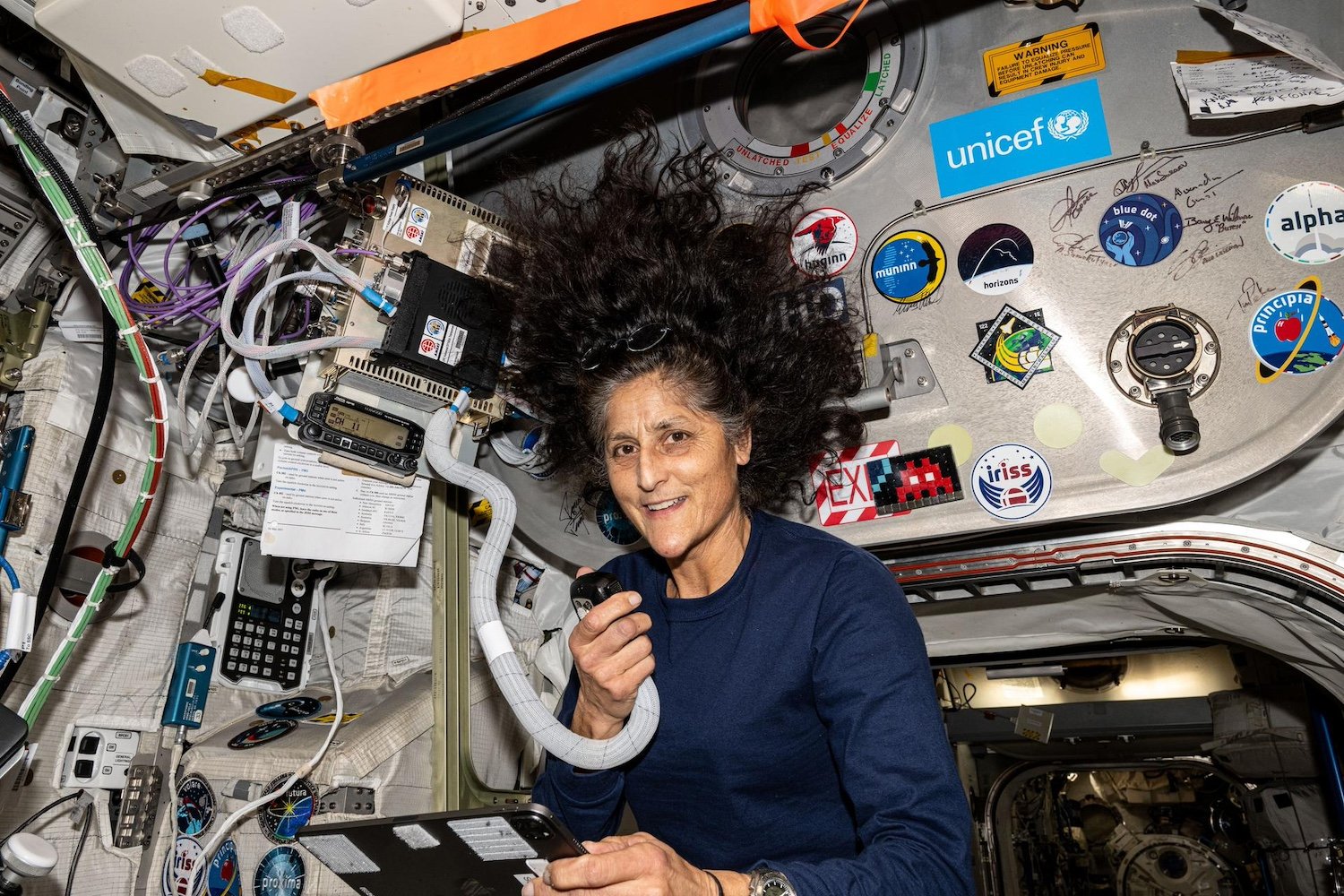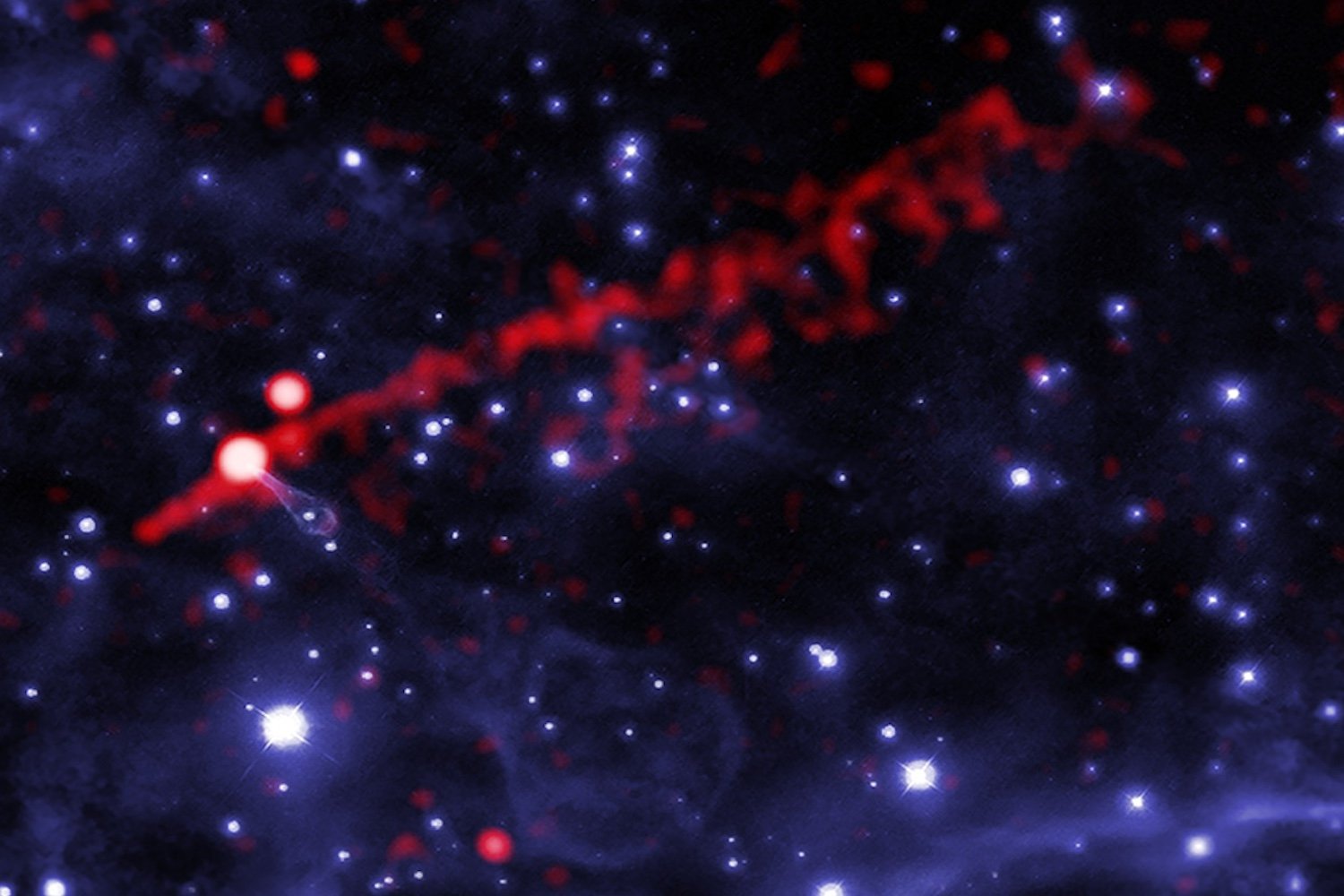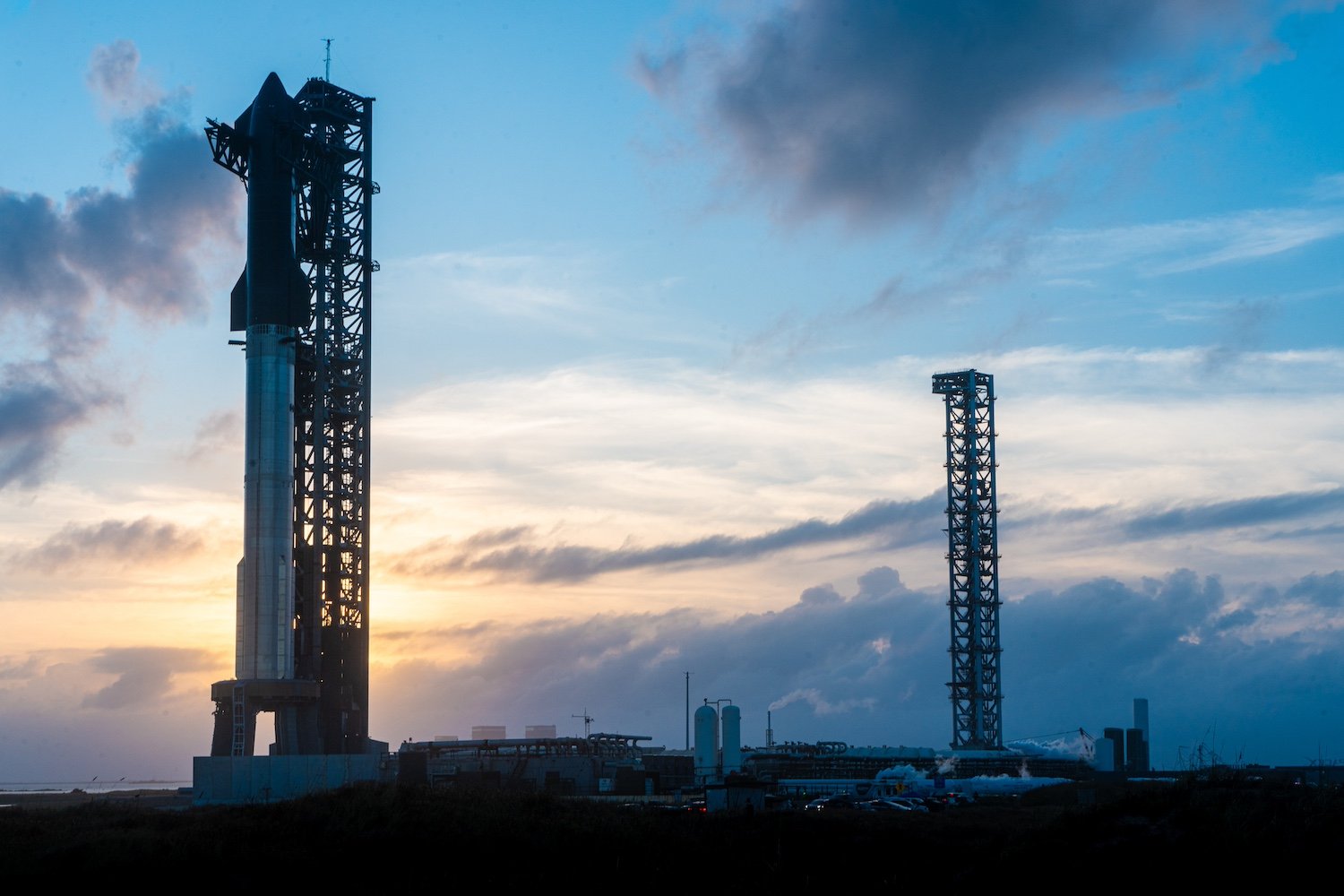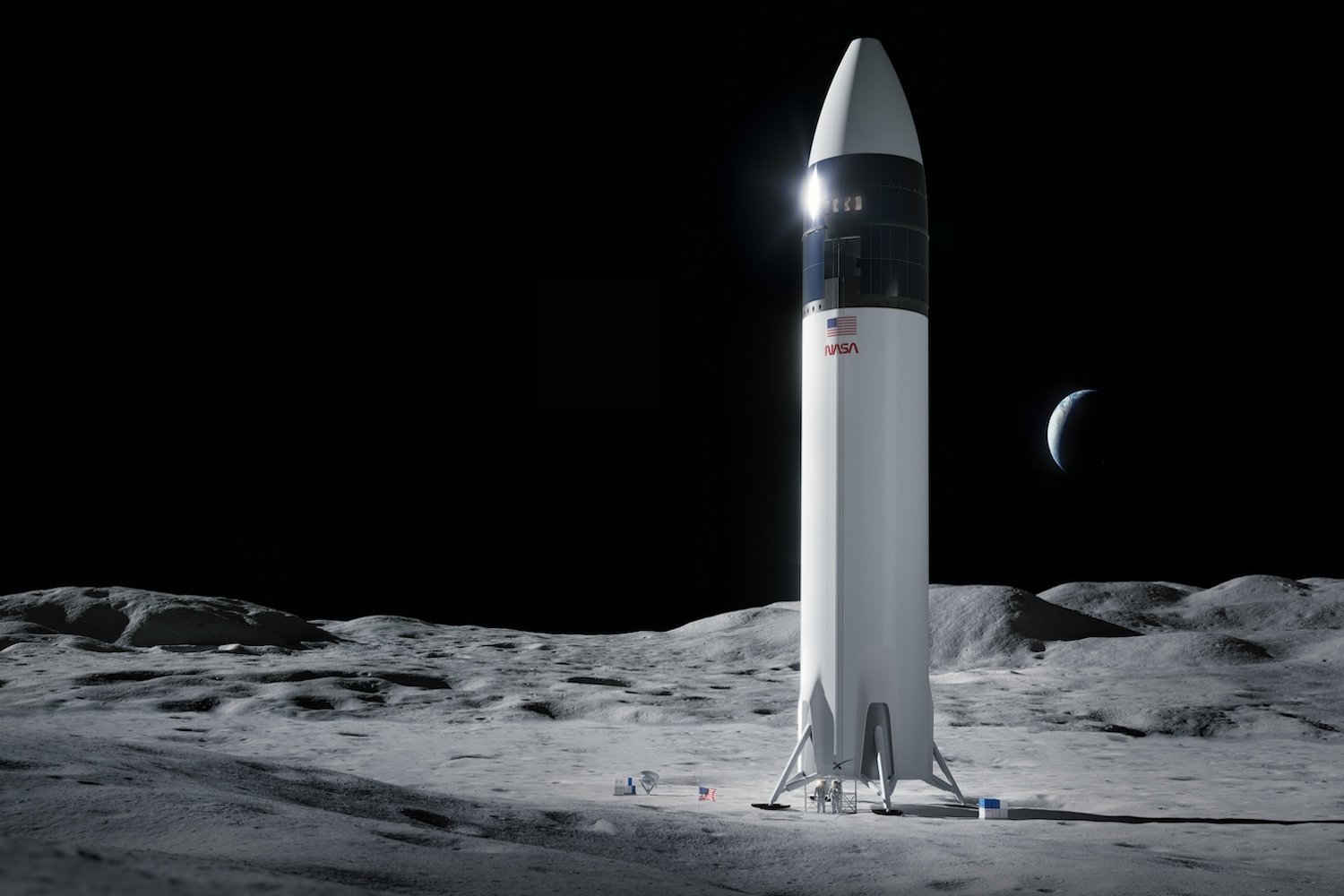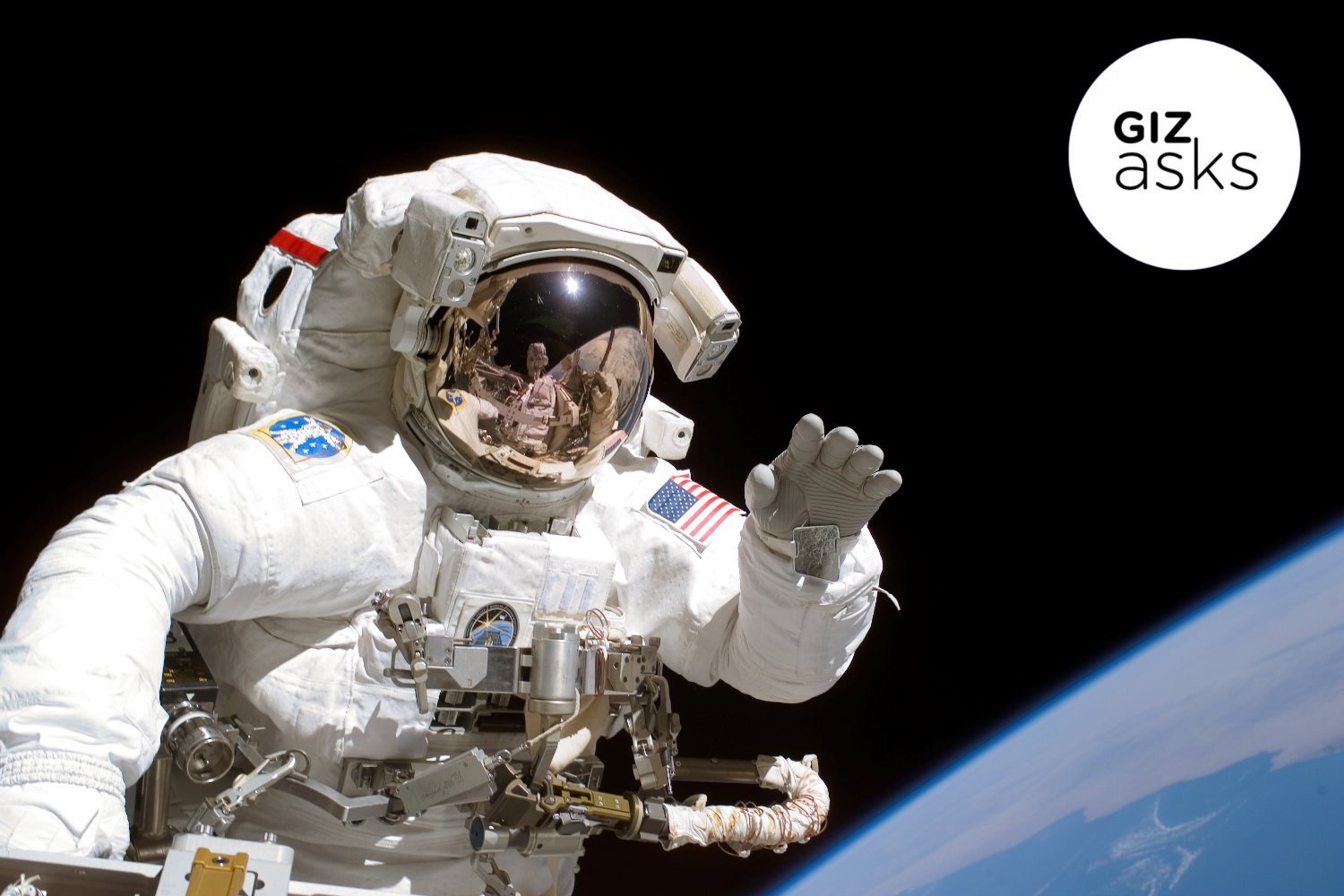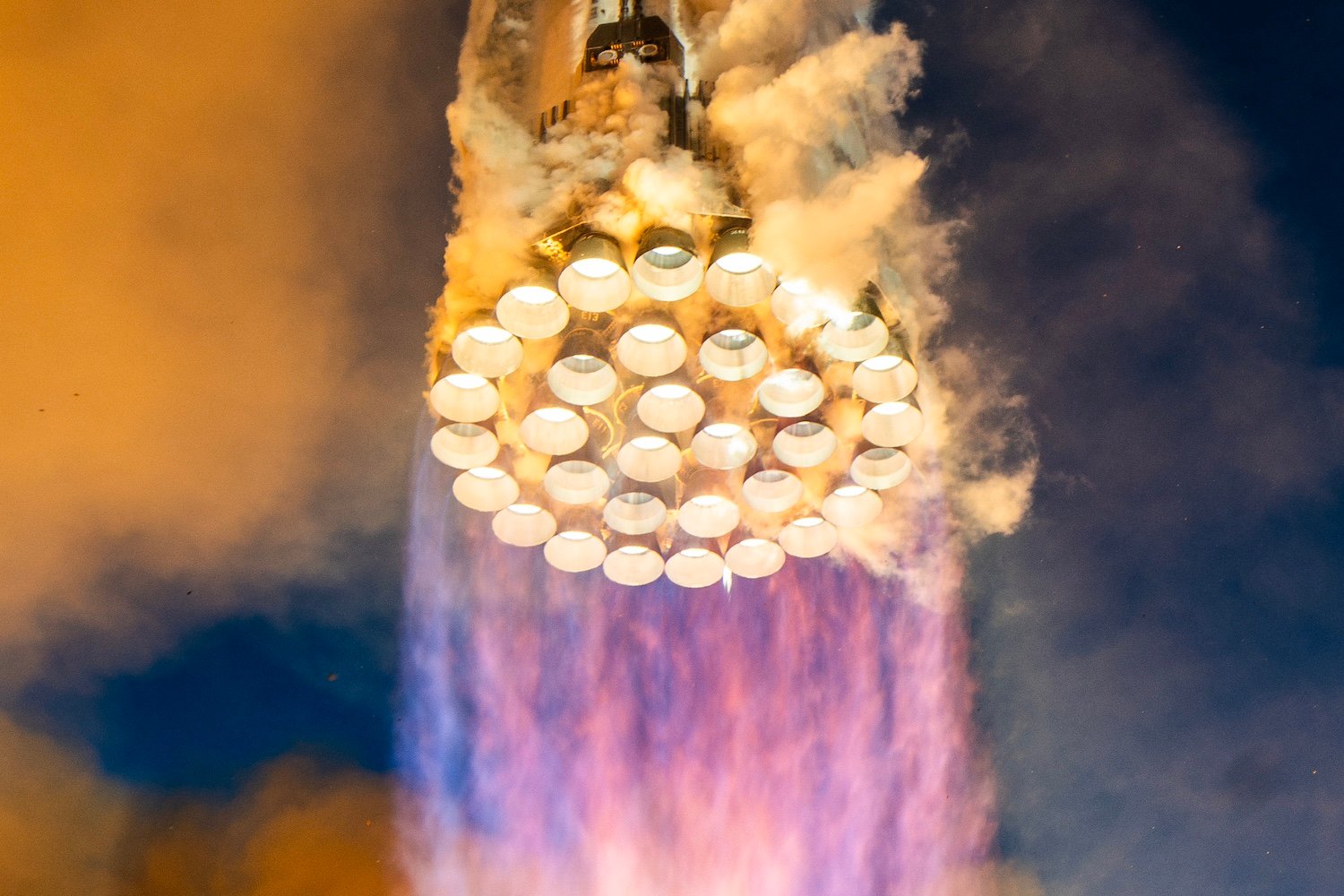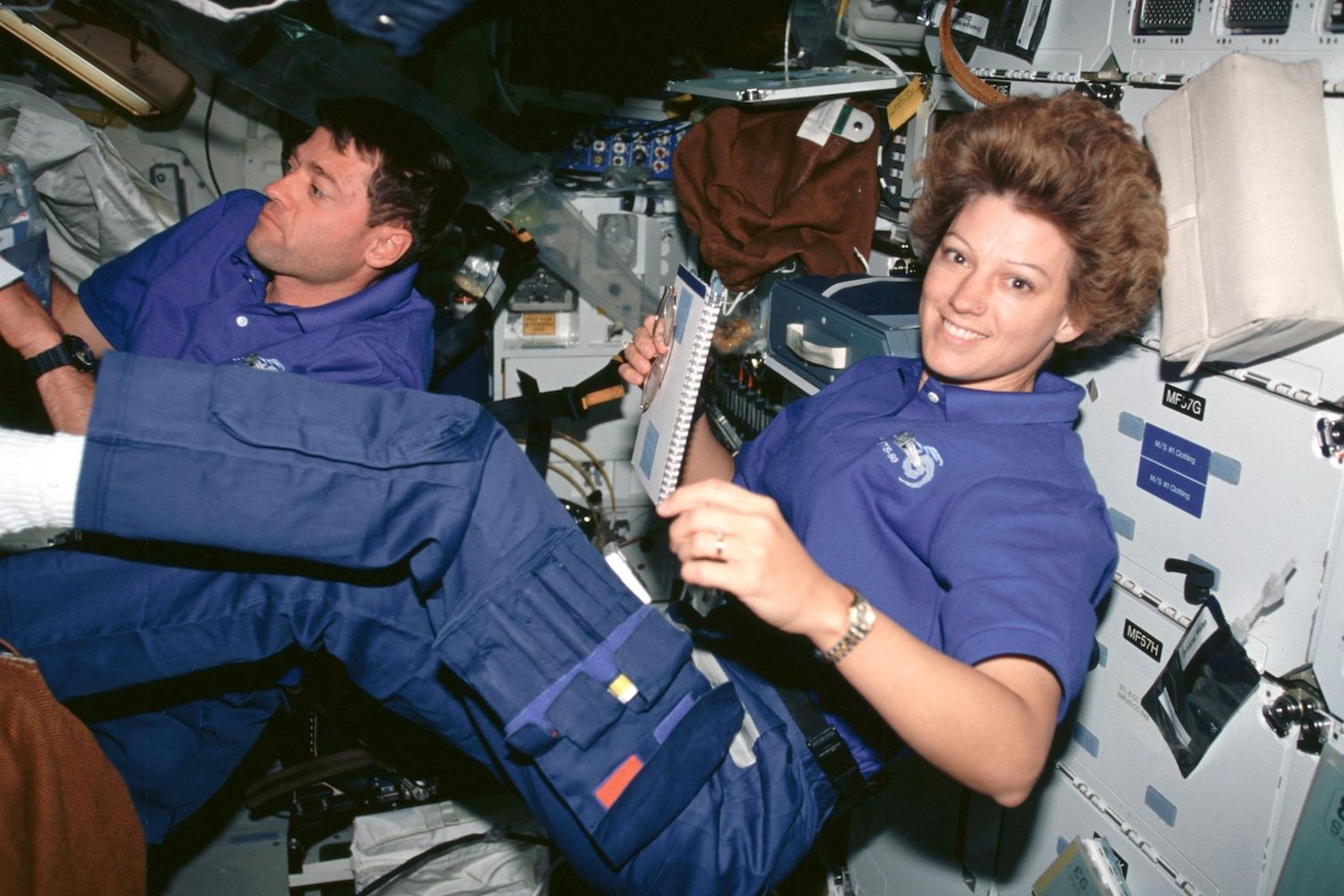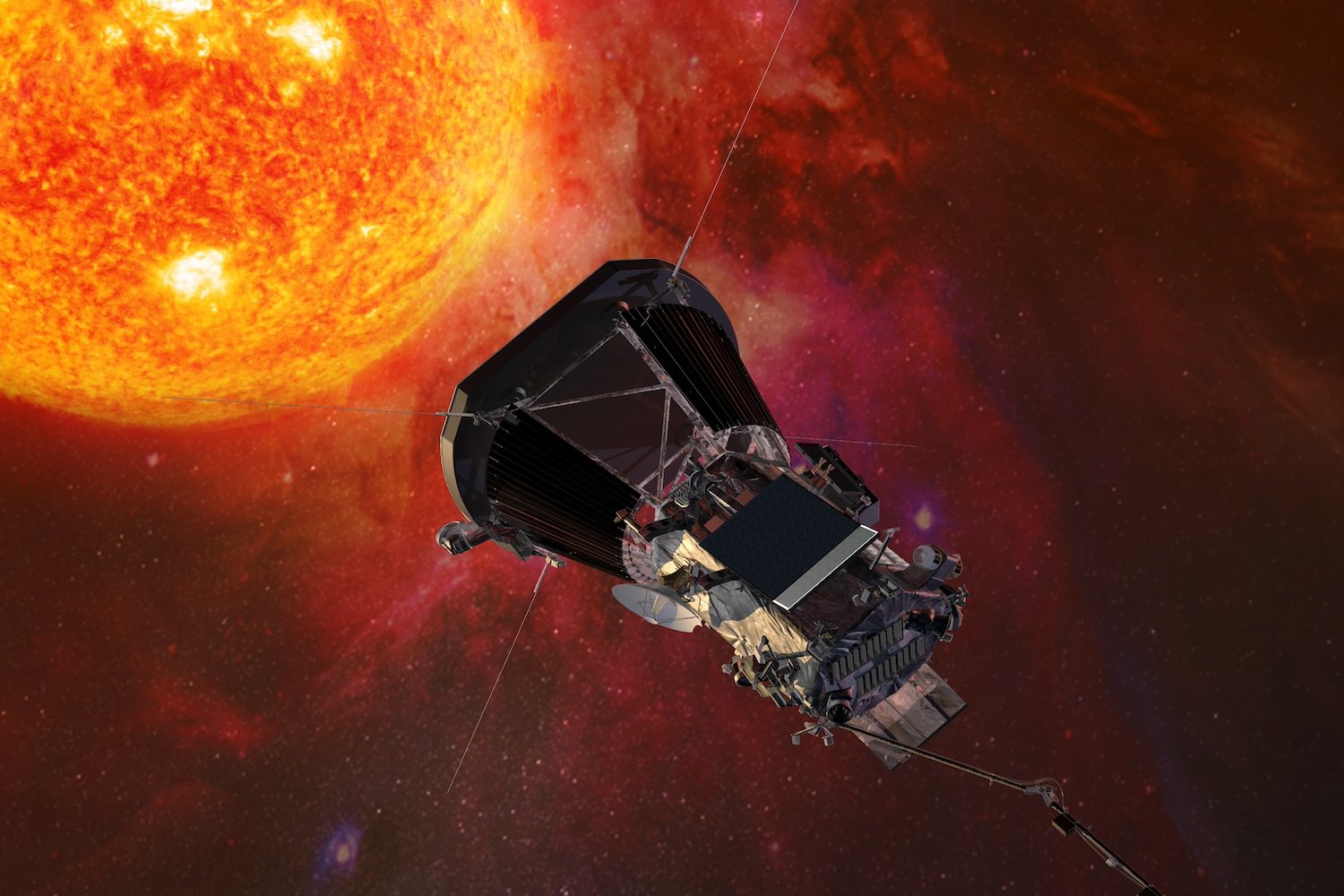The unique environment of space, 250 miles above Earth, hasn’t shielded NASA astronaut Suni Williams from unwarranted commentary about her physical appearance, prompting a public statement regarding her weight. Tabloid reports sparked concern about Williams’s appearance during her extended stay on the International Space Station (ISS), leading her to confirm she’s maintained a healthy weight since arriving in June. This incident highlights the media’s persistent focus on the appearance of female astronauts and the underlying assumption that they face greater challenges in space.
NASA publicly addressed the rumors surrounding Williams’s health in a tweet:
This morning, @Astro_Suni spoke with @NESN about her stay aboard the @Space_Station, her love of Boston sports, and staying fit and active. She also addressed rumors about her health during her mission.
— NASA Astronauts (@NASA_Astronauts) November 12, 2024
Unforeseen Extended Stay Aboard the ISS
Williams and fellow astronaut Butch Wilmore launched to the ISS on June 5 aboard Boeing’s Starliner for its inaugural crewed test flight. The plan was an eight-day mission. However, technical issues, including thruster failures and helium leaks (one detected pre-launch), extended their stay to eight months. The decision was made to return an uncrewed Starliner and bring the astronauts back on SpaceX’s Dragon spacecraft. This unforeseen extended stay naturally attracted media attention, unfortunately leading to speculation about the astronauts’ well-being.
Addressing the Speculation
Publications like The New York Post and The Daily Mail published articles with headlines speculating about Williams’s health, describing her as “gaunt” and suggesting weight loss. Williams directly addressed these claims in an interview with the New England Sports Network, stating, “I’m the same weight that I was when I got up here.” She explained that her exercise routine on the ISS, including cycling and weightlifting, might have contributed to subtle changes in her physique.
NASA insisted stranded astronaut Sunita Williams is safe & healthy amid growing public concern for her health
The photo showed her looking ‘gaunt’, suggesting she had lost a significant amount of weight after spending more than 150 days stuck on the International Space Station. pic.twitter.com/vFEEkfVgDK
— AstroNana (@ImAstroNana) November 9, 2024
“I could definitely tell that weightlifting, which is not something that I do all the time, has definitely changed me,” Williams elaborated during a live feed from the ISS. “My thighs are a little bit bigger, my butt is a little bit bigger.” She also explained the phenomenon of fluid shift, which can cause astronauts to appear as if they have a slightly larger head due to the even distribution of bodily fluids in microgravity.
Media Bias and Historical Context
While Williams provided a reasonable explanation, the need for her to address such speculation underscores the media’s bias against female astronauts. This isn’t a new issue. Sally Ride, the first American woman in space, faced sexist questions about packing makeup and crying during training. Early female astronauts were often described in news articles with details about their marital status, height, and weight, highlighting a focus on their appearance rather than their accomplishments. Notably, Williams’s male counterpart, Butch Wilmore, hasn’t been subject to the same scrutiny. Both astronauts are highly trained and experienced with long-duration spaceflight, making the extended ISS stay challenging but manageable.
Conclusion
The focus on Suni Williams’s appearance rather than her professional capabilities highlights a persistent bias in media coverage of female astronauts. While the extended ISS mission due to Starliner’s technical issues was unexpected, both Williams and Wilmore are equipped to handle the situation. The media should focus on their resilience and professionalism instead of perpetuating outdated stereotypes.



